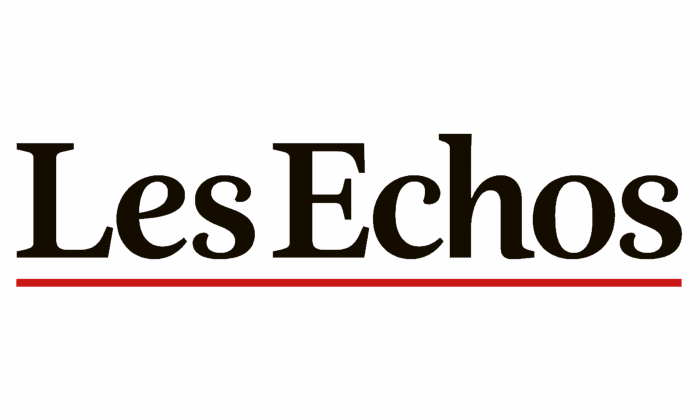
It would be more than reckless to claim that France does not have a serious public debt problem, nor that its social and administrative model does not require profound reforms to become sustainable. Admittedly, an immediate catastrophe on the markets is unlikely to arise solely from France’s financial situation, notably thanks to the protection offered by the euro. However, a lasting political chaos with no foreseeable solution could eventually trigger such a crisis.
In any case, the issue is to act deeply and swiftly to restore the sustainability of our economic and social model, which is now out of breath. Notably, the sharp rise in public debt interest payments, especially from 2026 onwards, will further weigh down the budgetary equation.
France’s Economic Disconnect
Our GDP per capita is increasingly lagging behind that of its neighbors. In 2024, Germany reached 116.2% of France’s GDP per capita, up from 105% in 2000; the Netherlands hit 136.4% versus 114; Denmark 129.3% versus 117.8; and Sweden 114.1% versus 100, for example. This serious disconnect, occurring over just two decades, reflects a decline in competitiveness and the exhaustion of the French productive model.
Meanwhile, since 2000, France’s public debt has risen from 59% to 113% of GDP—a 54-point increase. In comparison, the eurozone (excluding France) saw an increase of only 17 points, from 70% to 87% of GDP. This debt surge did not boost French growth, which has been slightly weaker over the period than in the rest of the eurozone.
116.2%
The tax burden in France reached 45.3% in 2024, compared to 40.3% for Germany, 40.6% for the eurozone (excluding France), and 34% on average in the OECD. Not to mention the growing overadministration and overregulation, which weigh heavily on our competitiveness and entrepreneurial spirit. Our employment rate (68%) is comparatively too low, while Northern European countries and Germany are between 75 and over 80%. The employment rate is strongly correlated with the level of social contributions paid by companies and with retirement rules. Meanwhile, the share of French merchandise exports in total eurozone exports has fallen from 16% to 11%, marking a significant decline in our industrial competitiveness.
It should also be noted that the redistribution rate in France is among the highest in the world. According to calculations by INSEE, the income gap between the top 10% and the bottom 10% drops from 18 to 3 after extended redistribution. The top 1% receive 7.2% of household income in France, compared to 8.7% in Sweden, 10.3% in Italy, and 14.4% in the United States.
Finally, public spending in France amounted to 57.1% of GDP in 2024, far ahead of Germany (49.5%), the eurozone (excluding France, 49.6%) and the OECD (42.6%). In the long term, there is no positive correlation across OECD countries between public spending and growth rates—quite the opposite beyond a certain threshold.
Work and Production Must Increase
Should we ignore these figures and, against all evidence, propose further increases in tax and public spending, instead of reducing them? Can we seriously fail to realize that the right answer for France is to increase the wealth produced, and not even more redistribution? That the issue also lies in the insufficient quantity of work, both annually and over a lifetime? Without understanding that this shortage only supports our standard of living and social protection at the cost of ever-increasing debt?
We must speak honestly and act justly to avoid the accelerated decline of our economic and social model. These observations are not ideological—they are neither right nor left. As Pierre Mendès France used to say: “Public accounts in disorder are the sign of nations in decline.”
Olivier Klein is Professor of Economics at HEC.